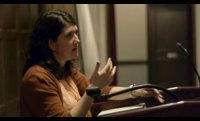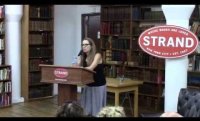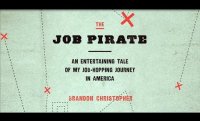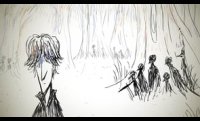Joe Young is the librarian for the Frandsen Library at the Contra Costa County Juvenile Hall and the Lesher Library at the Orin Allen Youth Rehabilitation Facility, both in California's East Bay region. The Frandsen and Lesher libraries opened their doors in November of 2006, with the mission to promote a love of literature and reading, support educational curriculum, and encourage the development of a lifelong habit of self-directed learning. Young furthers this mission by working to bring a wide variety of authors, artists, and speakers to visit the young men and women his libraries serve. This post is a report on one such P&W-supported event—a visit to the Lesher Library at the Orin Allen Youth Rehabilitation Facility from Coe Booth. Booth is the author of Tyrell (Push, 2007), which won the Los Angeles Times Book Prize for Best Young Adult Novel and was named an ALA Best Book for Young Adults and a New York Public Library Book for the Teen Age.
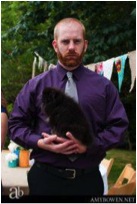 It was an unseasonably hot May morning in the San Francisco Bay when I pulled up to the Berkeley address where author Coe Booth was staying. Sweat dripped down my forehead and into my eyes as I anxiously knocked on the door. I was nervous!
It was an unseasonably hot May morning in the San Francisco Bay when I pulled up to the Berkeley address where author Coe Booth was staying. Sweat dripped down my forehead and into my eyes as I anxiously knocked on the door. I was nervous!
In my world, Coe Booth is a big deal. Her books Tyrell (Push, 2007), Bronxwood (Push, 2013), Kendra (Push, 2010), and Kinda Like Brothers (Scholastic Press, 2014) fall into the sweet spot of urban fiction for young adults that is exciting, authentic, and has a positive message. Her books also happen to be some of the most consistently popular titles in my libraries.
Coe greeted me with a warm smile. After a quick introduction we loaded into my car and embarked on the hour-long commute to the Byron Boys Ranch.
Established in 1960 on the site of a converted cattle ranch in Byron, California, the Orin Allen Youth Rehabilitation Facility (colloquially known as the Byron Boys Ranch) is a minimum security treatment center for adolescent delinquent youngsters, and the home of the Lesher Library. After a brief introduction and orientation from the probation staff, the sixty-three young men residing at the Boys Ranch were gathered and assembled in the dusty gym. Then, Coe took the stage and addressed the young men.
She read and spoke eloquently, honestly, earnestly, with passion and poise. She spoke about being an author and a woman and an African-American. She spoke about where her stories come from, how her characters are born, what parts of herself she puts into her stories, and what she hopes to communicate to the reader. The young men sat and listened, some seemingly indifferent, some in eager, rapt attention.
After talking for the better part of an hour, Coe asked if anybody in the audience had questions. At first the young men were hesitant, but after a bit of coaxing the questions gleefully poured forth: "Are you famous?" "Where do you live?" "How do you come up with characters’ names?" "Are you rich?" "Why did you want to be a writer?" "Do you feel proud of the books you wrote?" "How can I get a book published?" "Could we write a book together?" Coe made sure to answer every question, connecting with each young man who reached out to her.
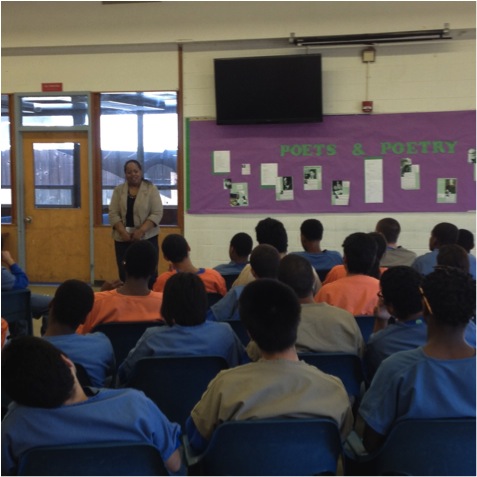 Coe spent just over two hours with the young men. As we drove back to Berkeley through the shimmering, midday heat, my car’s air conditioning sadly failing us once again, I was struck by how she was both down-to-earth and larger-than-life.
Coe spent just over two hours with the young men. As we drove back to Berkeley through the shimmering, midday heat, my car’s air conditioning sadly failing us once again, I was struck by how she was both down-to-earth and larger-than-life.
This woman—who I had talked with so comfortably during our car ride, sharing our small, personal thoughts and concerns—was transformed in front of my eyes during those two hours. She stood in front of that group of young men, who were a unique combination of worldly sophistication and childish naivety, and gave freely of herself. She gave them honesty and compassion. She held herself up as a role model—imperfections and all—and told them: "What I have done, you can do." She believed in them and believed in their ability to change and improve, and become the people they want to become. And, even if just for those two hours, the boys believed, too.
Photos: (top) Joe Young. (bottom) Author Coe Booth addressing boys at the Orin Allen Youth Rehabilitation Facility. Credit: Amy Bowen, Joe Young.
Major support for Readings & Workshops in California is provided by the James Irvine Foundation and the Hearst Foundations. Additional support comes from the Friends of Poets & Writers.





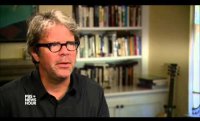
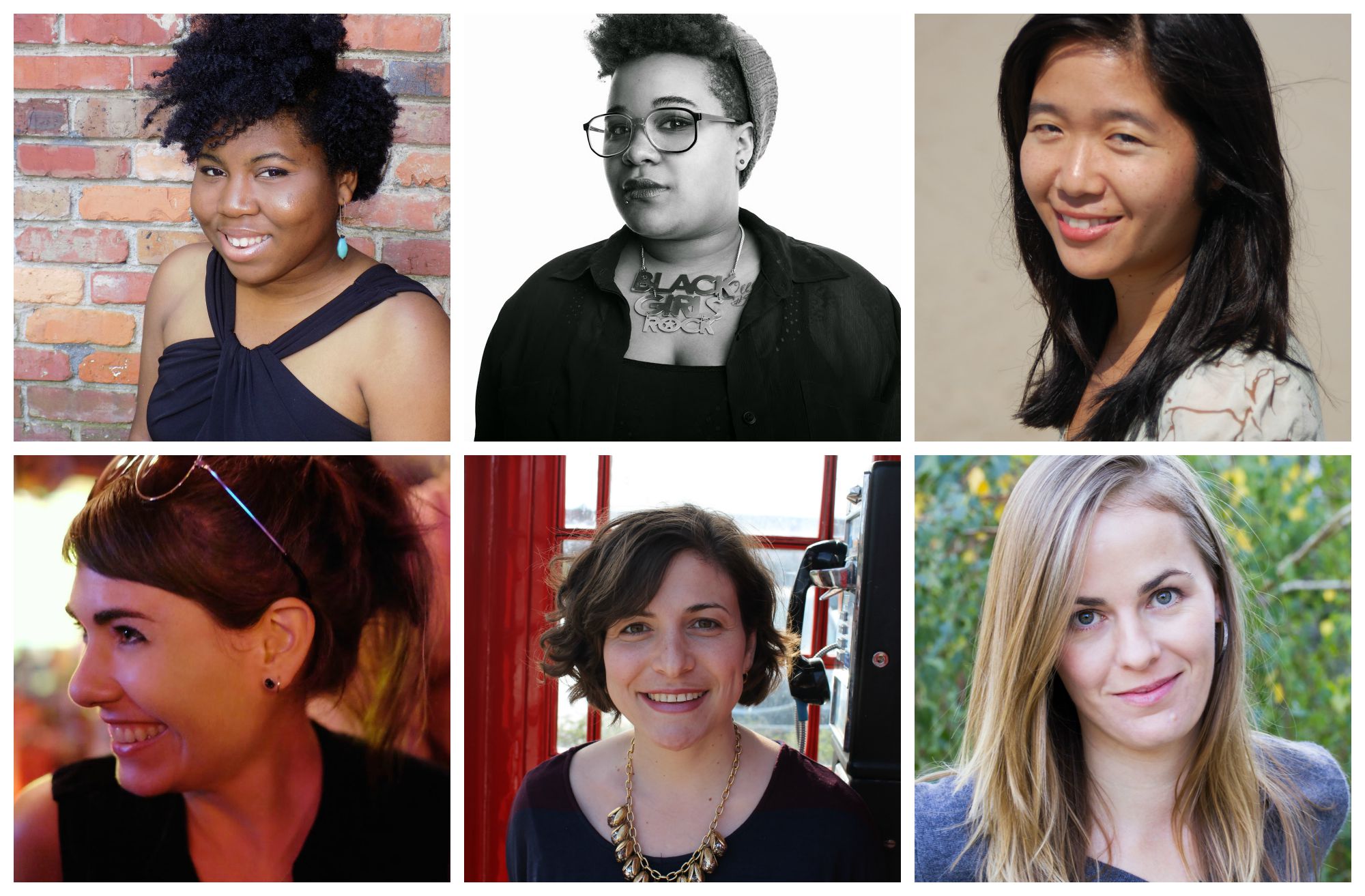
 It was an unseasonably hot May morning in the San Francisco Bay when I pulled up to the Berkeley address where author Coe Booth was staying. Sweat dripped down my forehead and into my eyes as I anxiously knocked on the door. I was nervous!
It was an unseasonably hot May morning in the San Francisco Bay when I pulled up to the Berkeley address where author Coe Booth was staying. Sweat dripped down my forehead and into my eyes as I anxiously knocked on the door. I was nervous! Coe spent just over two hours with the young men. As we drove back to Berkeley through the shimmering, midday heat, my car’s air conditioning sadly failing us once again, I was struck by how she was both down-to-earth and larger-than-life.
Coe spent just over two hours with the young men. As we drove back to Berkeley through the shimmering, midday heat, my car’s air conditioning sadly failing us once again, I was struck by how she was both down-to-earth and larger-than-life.